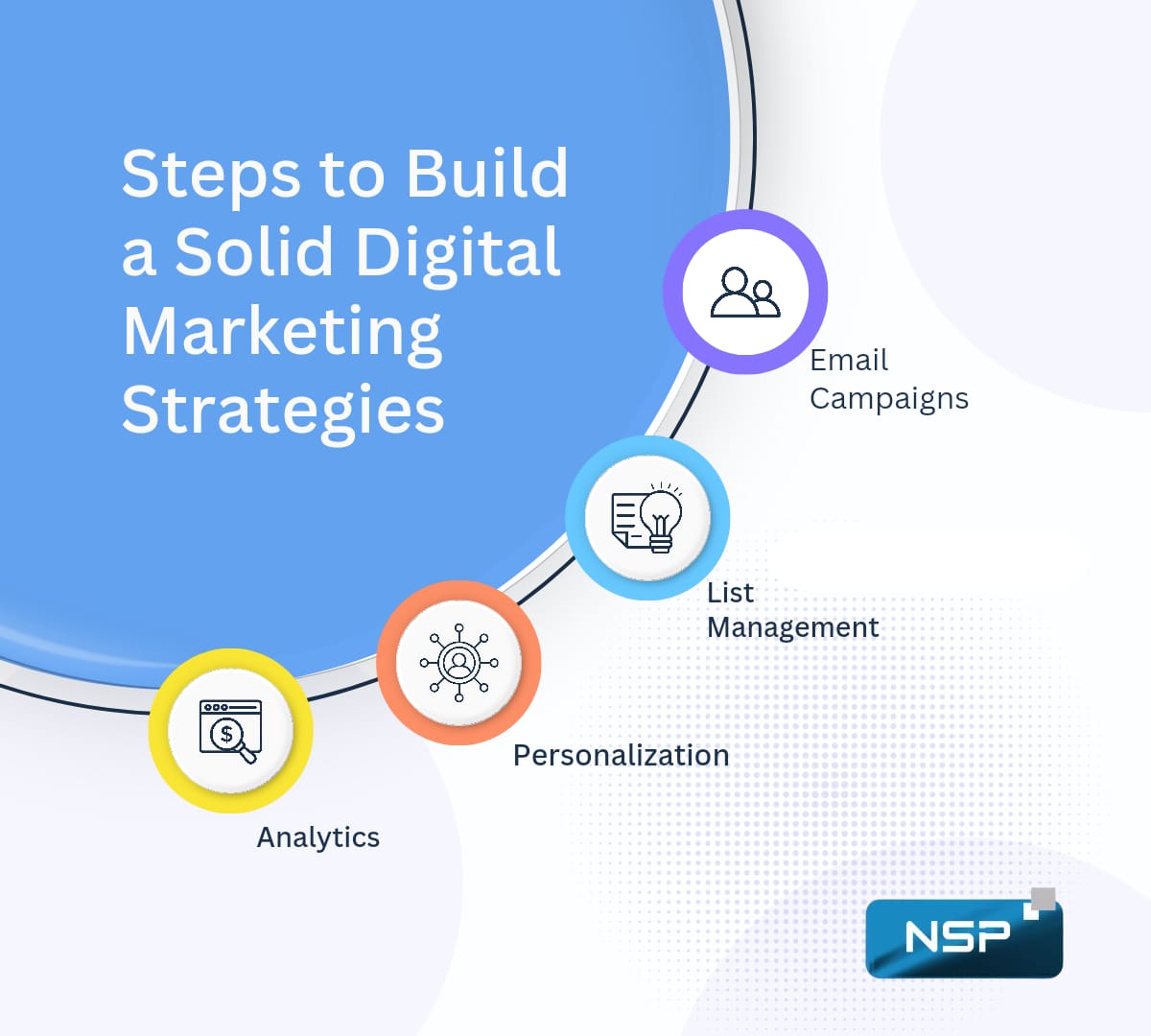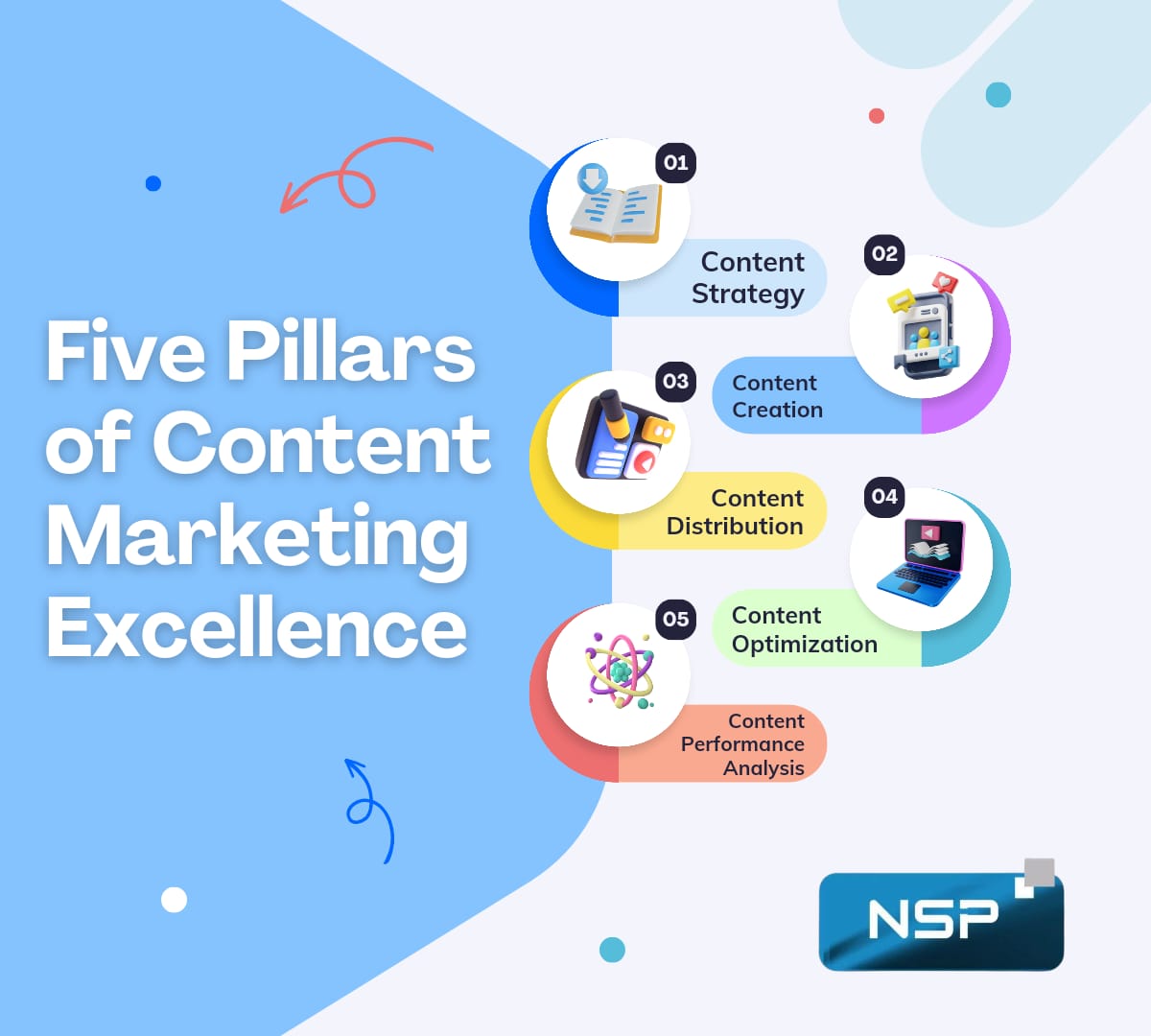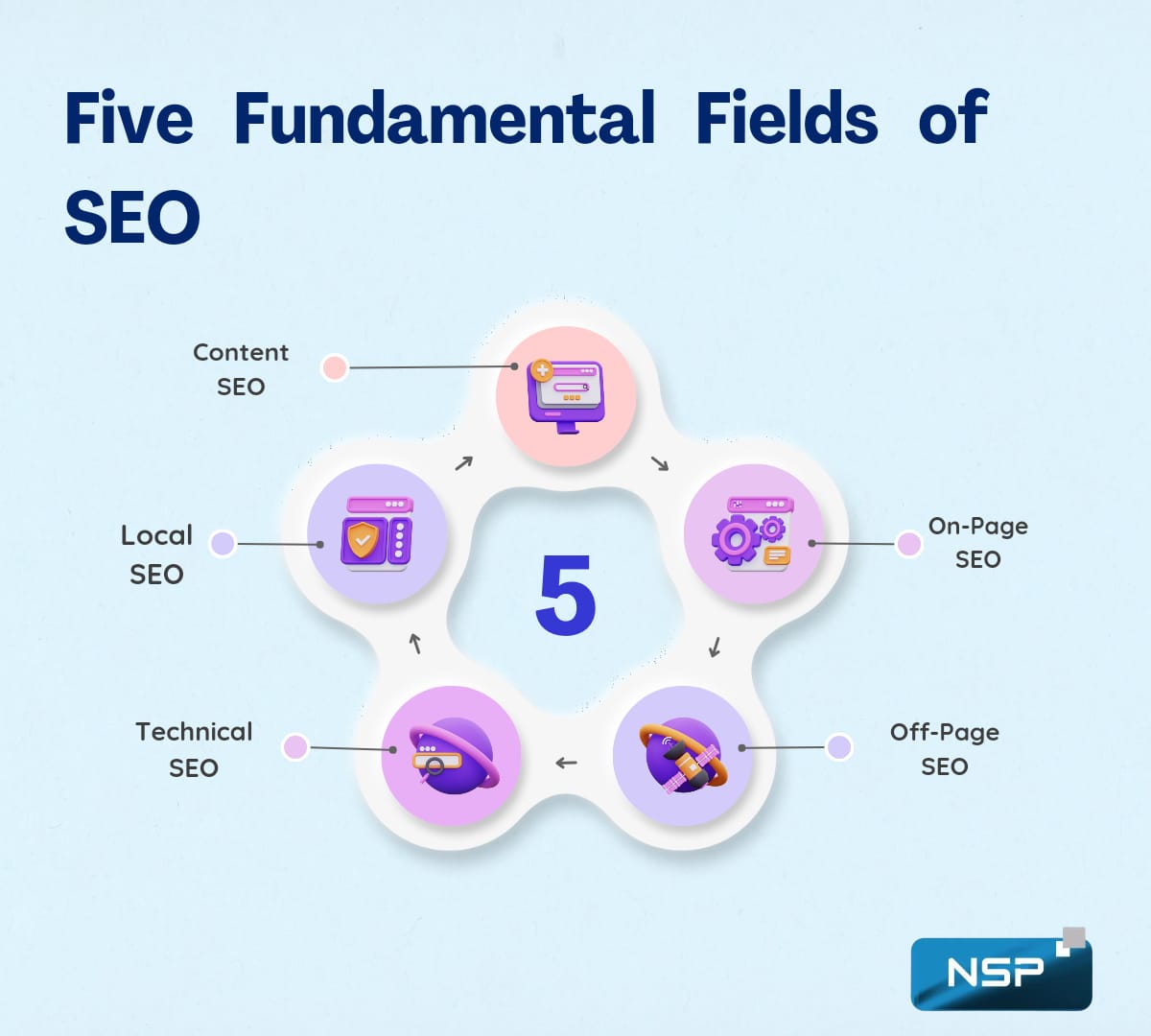Effective online marketing is crucial for hotels and resorts to attract and engage potential guests in today's highly competitive hospitality industry. With the advancement of digital technologies, various marketing channels have emerged, offering powerful tools and strategies to drive traffic, increase bookings, and enhance brand visibility.
Website Optimization: Creating an Engaging Online Experience
Responsive Design
Responsive design refers to designing websites that adapt and respond to different screen sizes and devices, providing a seamless user experience across desktops, tablets, and mobile devices. A responsive website ensures that potential guests can easily navigate and view content, make bookings, and engage with the site, regardless of their device.User-Friendly Interface
A user-friendly interface focuses on designing a website that is intuitive and easy to navigate. It involves a clear and logical site structure, intuitive menus, and prominent calls to action. By providing a user-friendly interface, hotels, and resorts can enhance the overall user experience and make it convenient for visitors to find the information they need, ultimately increasing the chances of conversion.Fast Loading Speed
In today's fast-paced digital world, website visitors expect fast-loading pages. Slow loading speeds can lead to frustration and increased bounce rates. Optimizing website performance, reducing file sizes, and leveraging caching techniques are some strategies to ensure fast loading speeds. By prioritizing fast loading speeds, hotels and resorts can provide their potential guests with a smooth and enjoyable browsing experience.- Mobile CompatibilityMobile compatibility is crucial, considering the increasing number of users accessing the internet through smartphones and tablets. Hotels and resorts must ensure their websites are mobile-friendly and provide a seamless experience across different mobile devices. Mobile compatibility includes responsive design, legible text, optimized images, and mobile-friendly booking processes.
Clear Call-to-Action
A clear call-to-action (CTA) prompts visitors to take specific actions, such as making reservations, subscribing to a newsletter, or contacting the hotel. Effective CTAs are strategically placed on the website and use persuasive language and design elements to encourage conversions. A clear and compelling CTA guides visitors toward the desired action, improving conversion rates and driving bookings.Booking Integration
Integrating a seamless booking system directly into the hotel's website simplifies the reservation process for potential guests. It eliminates the need for redirecting visitors to third-party platforms and creates a more streamlined and cohesive user experience. Hotels and resorts can increase direct bookings and reduce dependency on online travel agencies by offering a convenient and integrated booking process.Engaging Visuals
Engaging visuals, including high-quality images and videos, capture potential guests' attention and convey the property's unique features and ambiance. Professional photography, virtual tours, and videos showcasing amenities, rooms, and local attractions can significantly impact the decision-making process of potential guests.Compelling Copywriting
Compelling copywriting involves crafting persuasive and engaging content that effectively communicates the hotel or resort's unique selling points, benefits, and value propositions. It should highlight the key features, amenities, and experiences that set the property apart from competitors. Well-written copy can evoke emotions, connect with the target audience, and drive conversions.
Search Engine Marketing (SEM): Driving Qualified Traffic
Paid Search Advertising
Paid search advertising, or pay-per-click (PPC) advertising, allows hotels and resorts to display targeted ads on search engine result pages. Advertisers bid on keywords relevant to their business, and when users search for those keywords, their ads appear at the top of the search results. Paid search advertising provides immediate visibility and can drive highly targeted traffic to the website.Keyword Research and Analysis
Keyword research and analysis involve identifying the most relevant and valuable keywords potential guests use to search for hotels and resorts online. By understanding search intent and analyzing keyword competition, hotels, and resorts can optimize their website content and paid search campaigns to align with the target audience's search behavior.Ad Campaign Setup
Setting up effective ad campaigns requires careful planning and strategizing. It involves defining campaign goals, targeting options, ad formats, and budget allocation. Ad campaigns should be tailored to reach the desired audience, showcase unique selling points, and drive clicks and conversions.Ad Copywriting
Crafting compelling ad copy is crucial for capturing the attention of potential guests and encouraging them to click on the ads. Ad copy should be concise and persuasive, highlighting the hotel's or resort's key benefits and offerings. Effective ad copywriting can significantly impact click-through rates and the success of paid search campaigns.Bid Management
Bid management optimizes keyword bids to maximize return on investment (ROI) and ad visibility. By analyzing campaign performance, adjusting bids based on keyword competition, and setting bid strategies, hotels and resorts can effectively manage their ad spend and ensure optimal ad placement.Conversion Tracking
Tracking conversions is essential to measure the effectiveness of paid search campaigns. By implementing conversion tracking, hotels and resorts can monitor and analyze the actions taken by users after clicking on ads, such as bookings, form submissions, or newsletter sign-ups. Conversion tracking provides valuable insights into campaign performance and helps optimize future strategies.Remarketing
Remarketing allows hotels and resorts to re-engage with users who have previously visited their websites. Using tracking pixels or cookies, remarketing campaigns can display targeted ads to these past visitors as they browse other websites or social media platforms. Remarketing helps to stay top-of-mind and encourages potential guests to return and convert.
Search Engine Optimization (SEO): Boosting Organic Visibility
Keyword Optimization
Keyword optimization involves strategically incorporating relevant keywords throughout the website's content to improve organic search visibility. By conducting thorough keyword research and aligning content with search intent, hotels and resorts can optimize their website pages, meta tags, headings, and other elements to rank higher in search engine results.On-Page Optimization
On-page optimization focuses on optimizing individual web pages to improve search engine rankings. This includes optimizing meta tags, headings, URLs, image alt tags, and page content. By ensuring that each page is optimized with relevant keywords and follows best SEO practices, hotels, and resorts can enhance their organic search visibility.Off-Page Optimization
Off-page optimization refers to activities conducted outside the website to improve its search engine rankings. This includes building quality backlinks from reputable websites, guest blogging on relevant platforms, and engaging in influencer partnerships—off-page optimization signals to search engines that the website is authoritative and trustworthy, improving organic visibility.Link Building
Link building involves acquiring high-quality backlinks from authoritative and relevant websites. Backlinks act as "votes of confidence" for search engines, indicating that the website is a valuable resource. Effective link-building strategies include guest blogging, creating shareable content, contacting industry influencers, and participating in relevant online communities.Local SEO
Local SEO optimizes a hotel or resort's online presence to capture local search traffic. It includes optimizing Google My Business profiles, creating location-specific landing pages, and obtaining positive online reviews. By implementing local SEO strategies, hotels, and resorts can increase visibility in local search results and attract guests in their target geographical area.Technical SEO Audit
A technical SEO audit evaluates the website's technical aspects, including site speed, mobile-friendliness, crawlability, and indexability. Identifying and fixing technical issues helps search engines better understand and index the website's content, improving organic search rankings.Website Performance Enhancement
Optimizing website performance is crucial for both user experience and search engine rankings. This involves optimizing page load speed, compressing images, minifying CSS and JavaScript files, and leveraging caching techniques. A fast and responsive website enhances user satisfaction and signals search engines that the site provides a high-quality user experience.
Pay-Per-Click Advertising (PPC): Targeted and Measurable Campaigns
Ad Campaign Creation
Effective PPC ad campaigns involve careful planning, keyword research, ad copywriting, and audience targeting. PPC campaigns can be tailored to specific objectives, such as driving bookings, promoting special offers, or increasing brand awareness. By creating compelling ad campaigns, hotels, and resorts can attract targeted traffic and achieve their advertising goals.Keyword Targeting
Keyword targeting in PPC advertising involves selecting relevant keywords for ad targeting. By understanding user search behavior and intent, hotels, and resorts can choose keywords that align with their offerings and target audience. Keyword targeting ensures that ads are displayed to users actively searching for relevant information, increasing the chances of conversions.Ad Copy Creation
Compelling ad copy is crucial for PPC campaigns to stand out and attract clicks. Ad copy should be concise and persuasive and highlight the hotel's or resort's unique selling points and benefits. By crafting compelling ad copy, hotels, and resorts can entice users to click on their ads and explore their offerings further.Bid Management
Effective bid management is essential for optimizing ad spend and maximizing ad visibility. By monitoring keyword performance, adjusting bids based on keyword competition and campaign goals, and utilizing bid strategies, hotels and resorts can balance ad visibility and cost-effectiveness.Conversion Tracking
Conversion tracking in PPC advertising allows hotels and resorts to measuring their campaigns' effectiveness by tracking user actions after clicking ads. By setting up conversion tracking, hotels, and resorts can analyze the number of bookings, form submissions, or other desired actions generated by their PPC campaigns. This data helps evaluate campaign performance and make data-driven optimizations.Campaign Optimization
Ongoing campaign optimization is crucial to ensure the best possible results from PPC advertising. Optimization involves analyzing campaign performance, adjusting bids and keywords, testing ad variations, and optimizing landing pages. By continuously optimizing PPC campaigns, hotels and resorts can improve their return on ad spend and achieve higher conversions.Remarketing
Remarketing in PPC advertising allows hotels and resorts to re-engage with users who have previously interacted with their website. By showing targeted ads to these past visitors as they browse other websites or social media platforms, remarketing campaigns help to maintain brand visibility and encourage potential guests to return and convert.
Social Media Marketing (SMM): Engaging and Connecting with Guests
Social Media Profile Setup
Setting up and optimizing social media profiles on platforms such as Facebook, Instagram, Twitter, and LinkedIn is the first step in marketing. Hotels and resorts can showcase their brand personality, share updates and promotions, and connect with potential guests through engaging social media profiles.Content Creation and Publishing
Creating and publishing relevant and engaging content is crucial for social media marketing success. Hotels and resorts can share visually appealing images, videos, and informative posts to captivate their social media audience. Hotels and resorts can build a loyal following and enhance brand visibility by providing valuable and shareable content.Community Engagement
Engaging with the social media community involves actively responding to comments, messages, and reviews. Hotels and resorts can foster conversations, address inquiries, and demonstrate excellent customer service through social media platforms. Community engagement helps to build trust, strengthen relationships, and establish a positive online reputation.Influencer Partnerships
Collaborating with influencers in the travel and hospitality industry can significantly expand a hotel or resort's reach and visibility. Influencers can promote the property through social media channels, blog posts, or videos showcasing unique experiences and offerings. Influencer partnerships can help hotels and resorts tap into new audiences and attract potential guests.Social Advertising
Social advertising allows hotels and resorts to reach a highly targeted audience through platforms' advertising features. By defining specific targeting parameters, such as demographics, interests, and behaviors, hotels and resorts can display ads to users who are likely to be interested in their offerings. Social advertising increases brand visibility and drives traffic to the website.Social Media Analytics
Analyzing social media performance is essential for evaluating the effectiveness of social media marketing efforts. Social media analytics provide insights into engagement, reach, impressions, and follower growth. By tracking and analyzing these metrics, hotels, and resorts can refine their social media strategies and make data-driven decisions to improve results.
Email Marketing: Building Relationships and Driving Conversions
Email Campaign Creation
Creating effective email campaigns involves developing compelling content, designing visually appealing templates, and defining campaign objectives. Hotels and resorts can leverage email marketing to promote special offers, share personalized recommendations, or provide exclusive content to their subscribers.Segmentation and Targeting
Segmenting the email list and targeting specific customer segments allows hotels and resorts to send relevant and personalized messages to their subscribers. Hotels and resorts can tailor email campaigns to address each segment's unique needs and interests by considering demographics, preferences, and past interactions.Personalization
Personalization in email marketing involves customizing emails with recipient-specific information, such as the recipient's name, location, or past bookings. Personalized emails create a more personalized and engaging experience, fostering a stronger connection with potential guests and increasing the likelihood of conversions.Automation
Email marketing automation allows hotels and resorts to sending timely and targeted emails based on predefined triggers or customer behaviors. Automated emails can include welcome emails, abandoned cart reminders, post-stay feedback requests, or personalized offers. Automation streamlines the email marketing process and ensures timely and relevant communication with subscribers.Newsletter Creation
Creating informative and visually appealing newsletters helps hotels and resorts stay connected with their subscribers. Newsletters can include updates on the property, destination highlights, curated content, and exclusive promotions. By providing valuable and engaging content, hotels and resorts can build customer loyalty and drive traffic to their website.Lead Nurturing
Lead nurturing involves building relationships with potential guests at different stages of the booking journey. By sending targeted and personalized emails based on customer actions and preferences, hotels, and resorts can nurture leads and guide them toward booking decisions. Lead nurturing emails provide relevant information, address concerns, and offer incentives to convert leads into bookings.Email Analytics and Reporting
Analyzing email campaign performance is crucial for measuring the effectiveness of email marketing efforts. Email analytics provide insights into open rates, click-through rates, conversions, and unsubscribe rates. Tracking and analyzing these metrics allows hotels and resorts to optimize their email marketing strategies and improve engagement and conversions.
Content Marketing: Creating Valuable and Shareable Content
Content Strategy Development
Developing a content strategy involves defining goals, target audience, and content themes for the hotel or resort. A well-defined content strategy helps guide content creation efforts and ensures consistency and relevance in messaging. By aligning content with the target audience's needs and interests, hotels and resorts can attract and engage potential guests.Blogging
Maintaining a blog allows hotels and resorts to showcase their expertise, share destination guides, highlight local attractions, and provide useful travel tips. Blogging helps to establish the hotel or resort as a valuable resource for travelers and can attract organic search traffic. Hotels and resorts can drive traffic and increase brand visibility by creating informative and engaging blog posts.Visual Content Creation
Visual content, such as photos, videos, and infographics, plays a crucial role in content marketing. High-quality and visually appealing visuals can capture potential guests' attention and convey the hotel or resort's unique experiences and features. Visual content is highly shareable and can help amplify brand reach through social media and other online platforms.User-Generated Content
User-generated content involves leveraging content created by guests and visitors, such as reviews, photos, and testimonials. Sharing user-generated content on the hotel or resort's website and social media platforms adds authenticity and credibility to the brand. It also encourages engagement and fosters community among past and potential guests.Video Marketing
Video marketing is a powerful tool for hotels and resorts to showcase their property, amenities, and experiences. Videos can include virtual tours, guest testimonials, destination highlights, or behind-the-scenes footage. Video content engages and captivates the audience, making it an effective medium for storytelling and promoting the unique aspects of the hotel or resort.Social Sharing and Distribution
Promoting content through social sharing and distribution channels increases its reach and visibility. Hotels and resorts can share blog posts, videos, and other content across social media platforms, online travel communities, and industry websites. Social sharing and distribution help amplify the brand's message, attract new audiences, and drive traffic to the website.Content Performance Analysis
Analyzing content performance allows hotels and resorts to evaluate the impact and effectiveness of their content marketing efforts. Content analytics provide insights into metrics such as website traffic, engagement, social shares, and conversions. By tracking and analyzing these metrics, hotels, and resorts can refine their content strategies and optimize future content creation.
Effective online marketing is essential for hotels and resorts to thrive in the competitive hospitality industry. By leveraging a comprehensive range of digital marketing channels and strategies, hotels, and resorts can maximize their online presence, attract qualified traffic, engage potential guests, and drive conversions. From website optimization to search engine marketing, social media marketing to email marketing, content marketing to paid advertising, each service plays a crucial role in creating a robust and successful online marketing strategy for hotels and resorts.




